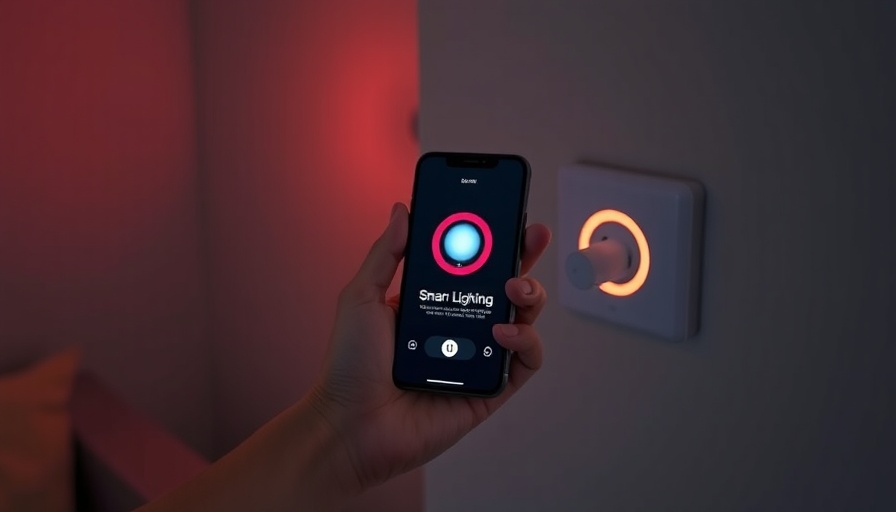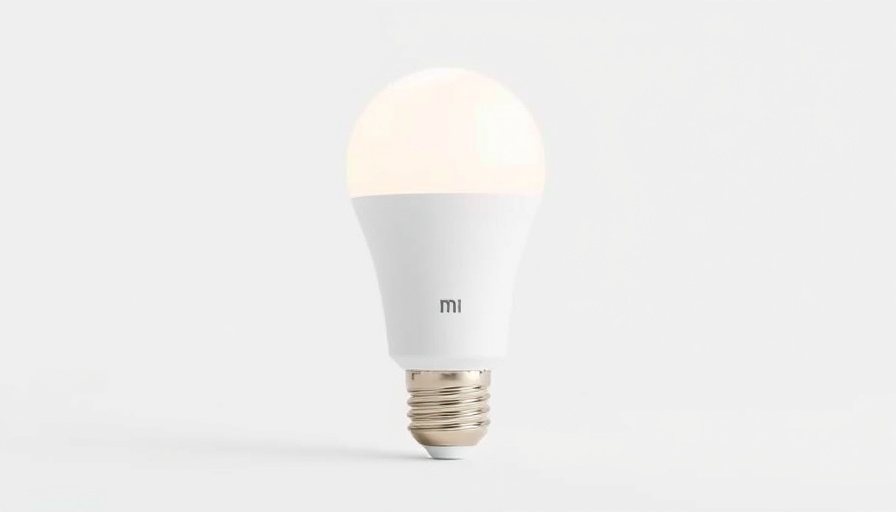
Philips Hue vs. Nanoleaf: The Smart Light Showdown
When it comes to illuminating your space, two major players dominate the smart lighting scene: Philips Hue and Nanoleaf. Each brings its own unique flair and functionality to the table, catering to different types of users and needs. Understanding their strengths and weaknesses can help you make the right decision for your home.
Understanding Smart Lighting
Smart lighting goes beyond mere convenience; it can transform your living environment, enhance your mood, and adapt to your daily rhythms. With options like Philips Hue and Nanoleaf, you can create atmospheres that elevate both functionality and aesthetics. Philips Hue is known for practical, everyday smart bulbs; Nanoleaf, on the other hand, excels in artistic, statement-making designs.
Philips Hue: The All-Rounder
Philips Hue offers a vast range of products, designed primarily to integrate seamlessly with your existing fixtures. With an array of standard light bulbs, lamps, and smart hubs, it focuses on reliability and comprehensive functionality. The Philips Hue Bridge allows for control over up to 50 devices, enabling you to manage not just lighting but also security systems and schedules from your smartphone or voice assistant.
Nanoleaf: Art Meets Technology
Contrasting with Hue, Nanoleaf is centered around creativity and interaction. Known for their unique panel designs like the Canvas and Shapes, these lights are less about replacing traditional bulbs and more about enhancing spaces with color and patterns. Imagine a wall of glowing, color-shifting panels that respond to your gaming or movie-watching experience – that’s the Nanoleaf promise. The lack of a hub makes setup simpler, appealing to those who appreciate plug-and-play technologies.
A Price Aside: Value vs. Cost
Cost can be a pivotal factor when making a choice. Generally, Nanoleaf lights are more budget-friendly, providing creative lighting solutions at a lower price point. However, as Philips Hue tends to be pricier, it might be worth considering for extensive installations where reliability and connectivity are crucial.
The Verdict: Which to Choose?
Choosing between Philips Hue and Nanoleaf isn’t an easy task, as both brands offer exceptional products tailored to different lighting needs. If you're looking for reliability and a wide ecosystem of devices, Philips Hue shines bright. However, if creativity and customization are your priorities, Nanoleaf's configuration and artistic potential are hard to beat. For many users, a combination of both brands could be the ideal way to integrate smart lighting into their lives.
Before making your purchase, reflect on what you desire from your lighting experience. Whether it's ambiance, functionality, or artistic expression, understanding the nuances of each system will help you create a home that not only shines brightly but also matches your unique style.
 Add Row
Add Row  Add
Add 




Write A Comment